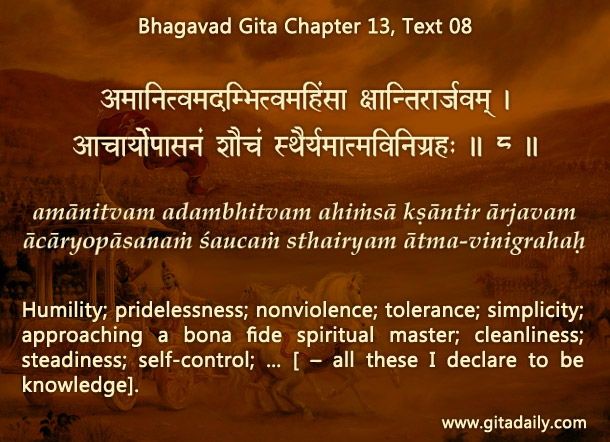Religious tolerance is a much discussed and desired value in today’s world, especially among visionary leaders and reflective followers of the world’s many living-faith traditions. One reason for this emphasis on tolerance is purely pragmatic: we live in an increasingly multicultural world where people from varying backgrounds interact regularly as colleagues, co-students and even neighbors. If we don’t learn the virtue of tolerance, we will sentence ourselves to life in an atmosphere of constant tension, suspicion and aversion — all breeding grounds for conflict. We need tolerance if we are to live in harmony, which is foundational for progress and prosperity.
While such a pragmatic reason for cultivating tolerance may be enough for many people, it may not suffice for those who base their actions less on what pragmatism requires and more on what their tradition teaches. Such people will ask: Does my tradition teach tolerance? It’s impossible for one person to speak for all traditions, but let’s consider some broad principles that can be intelligible to most thoughtful followers of most faith-traditions and illustrate those principles through the teachings of the Hindu tradition, primarily its core text Bhagavad-gita.
Consider one specific principle that is reasonably compatible with most of the world’s traditions: humility. To appreciate how humility relates with tolerance, let’s analyze how its absence can spawn intolerance. Suppose we think that we know for sure what our tradition teaches regarding, say, how everyone should behave and what everyone should believe. Such presumptuous certainty can easily make us intolerant toward those who behave or believe differently.
In contrast to such certainty, humility acknowledges that our tradition’s teachings are so vast and multifaceted that maybe we can’t be so sure how exactly those teachings apply to particular contexts and peoples. Pertinently, the Bhagavad-gita (13.08) indicates that humility is the first characteristic of those with knowledge. Guided by such humility, we will learn to expect less from people and accept them more, thus paving the way to tolerating them.
One-sentence summary:
Religious tolerance can be fostered not just by considering the pragmatic need for harmony, but also by internalizing the traditional value of humility.
Think it over:
- What is a pragmatic reason for tolerance?
- How can certainty spawn intolerance?
- How can humility foster tolerance?
***
13.08: Humility; pridelessness; nonviolence; tolerance; simplicity; approaching a bona fide spiritual master; cleanliness; steadiness; self-control; … [ – all these I declare to be knowledge].
To know more about this verse, please click on the image


Leave A Comment